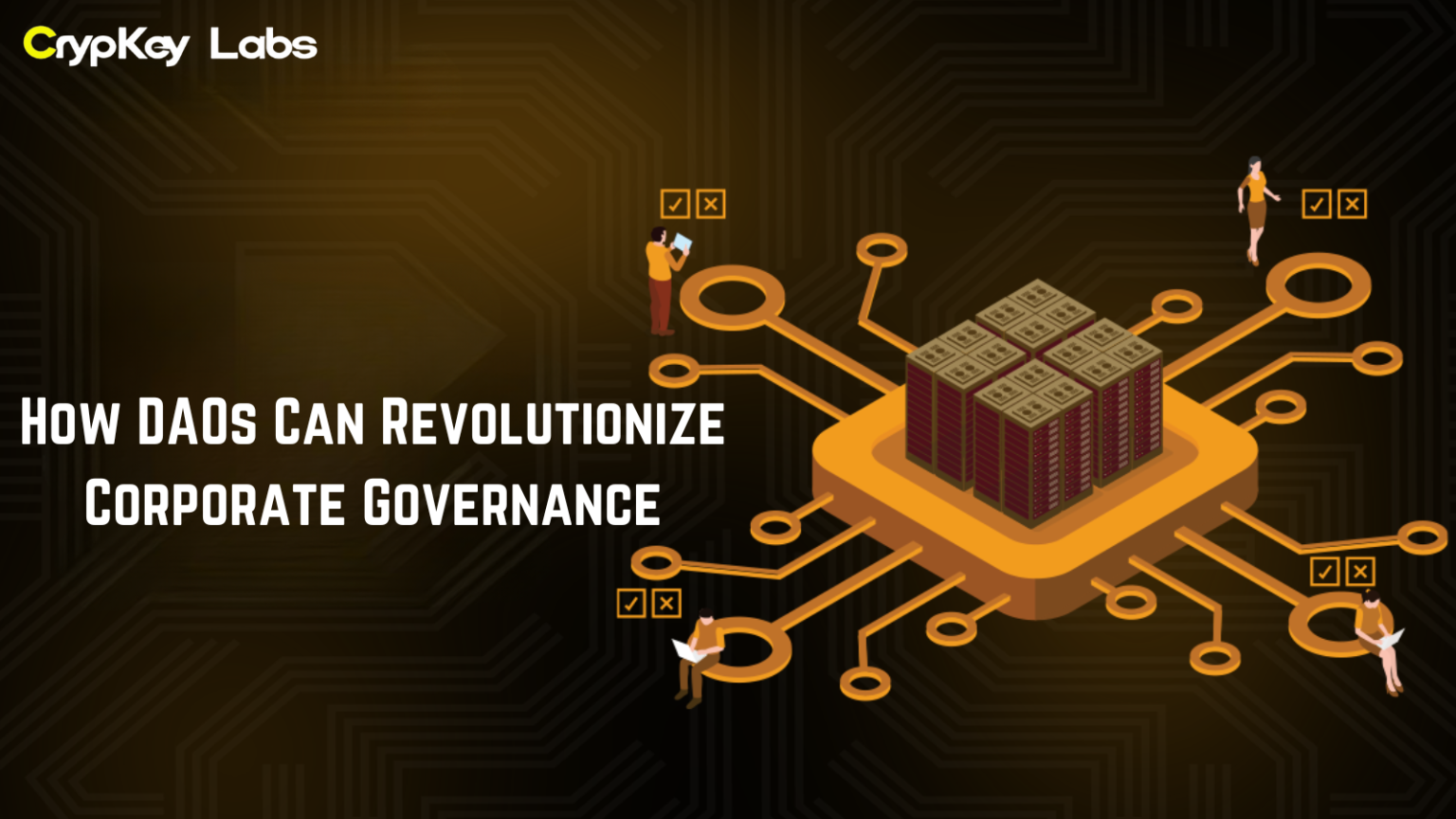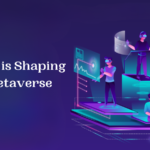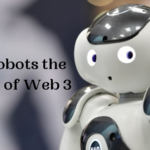In recent years, the world of corporate governance has been undergoing a significant transformation. One of the key players in this revolution is the concept of DAOs, or Decentralized Autonomous Organizations. While it might sound like something straight out of a sci-fi movie. DAOs are quickly becoming a game-changer in how businesses are run and governed. So, how exactly can DAOs transform corporate governance? Let’s take a deeper look.
What is Corporate Governance?
Before we dive into DAOs, let’s first understand what corporate governance is. In simple terms, corporate governance refers to the systems, principles, and processes by which companies are directed and controlled. It’s the framework that helps ensure companies are run efficiently, ethically, and transparently.
Traditionally, corporate governance has followed a top-down model. Where decisions are made by a small group of individuals, typically a board of directors or a CEO. While this approach has been standard for centuries, it often faces challenges like lack of transparency, slow decision-making, and concentrated power that can lead to inefficiencies and corruption.
Introduction to DAOs
So, what exactly is a DAO? A Decentralized Autonomous Organization (DAO) is a new organizational model built on blockchain technology. Unlike traditional corporations that rely on central authorities to make decisions. DAOs are governed by a set of smart contracts and rules encoded on the blockchain. This structure allows for decentralized decision-making, where every member of the DAO can participate in voting and governance.
The blockchain technology behind DAOs ensures transparency and accountability, as all decisions and actions are recorded in an immutable ledger. Think of a DAO as a digital co-op, where everyone has an equal say in how the organization operates. DAOs can be used for a wide range of purposes, from managing decentralized finance (DeFi) projects to governing decentralized applications (dApps).
Key Benefits of DAOs in Corporate Governance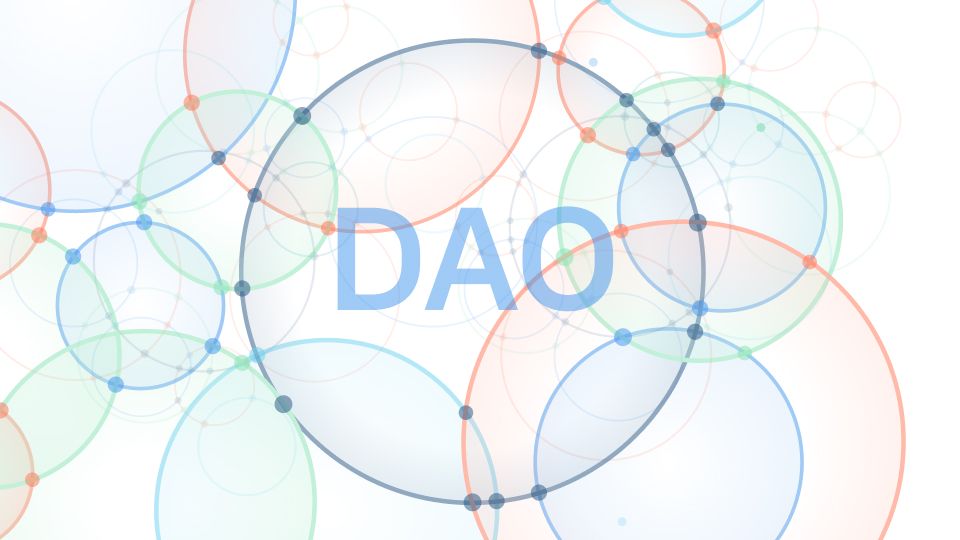
Now that we know what DAOs are, let’s explore how they can bring positive change to corporate governance. Here are some of the key benefits:
Transparency and Accountability
One of the most significant advantages of DAOs is the level of transparency they offer. In traditional corporate structures, decision-making can often be opaque, with shareholders and stakeholders having little insight into how decisions are made or how funds are managed. DAOs eliminate this problem by making all actions visible on the blockchain.
Every transaction, vote, and decision made within a DAO is recorded on the blockchain, which is public and immutable. This transparency not only builds trust among stakeholders but also ensures that decisions are made in the best interest of the organization and its members. Anyone can audit the DAO’s activities at any time, providing a level of accountability that is often missing in traditional corporate settings.
Decentralization
In traditional corporate governance, power is concentrated in the hands of a few key individuals—typically the board of directors and the CEO. This top-down approach can lead to biased decision-making, corporate scandals, and a disconnect between leadership and employees or shareholders.
DAOs, on the other hand, are decentralized. This means that decision-making power is distributed among all members of the organization, rather than being controlled by a small group at the top. Stakeholders can vote on proposals, make decisions about the direction of the company, and even allocate funds—all without the need for a central authority. This creates a more democratic and inclusive governance model that encourages collaboration and shared ownership.
Improved Efficiency
Traditional corporate governance can sometimes be slow and bureaucratic, with decisions taking weeks or even months to be finalized. This is often due to layers of approvals, lengthy board meetings, and slow decision-making processes. DAOs can streamline this by automating many processes through smart contracts.
Smart contracts are self-executing contracts with the terms directly written into code. In a DAO, smart contracts can automate tasks like voting, fund allocation, and the execution of agreements. This reduces delays, minimizes human error, and makes decision-making faster and more efficient. The result? DAOs can respond quickly to changes in the market or business environment, giving them a competitive edge.
Inclusivity
In traditional corporate governance, decision-making is often limited to a small group of high-level executives and shareholders. In contrast, DAOs allow for a much broader range of participants. Anyone who holds a token or has a stake in the DAO can participate in voting and governance.
This inclusivity helps democratize corporate decision-making, giving employees, customers, and even investors a say in the future of the organization. By empowering a diverse range of voices, DAOs can create more balanced, innovative, and ethical decision-making processes.
Potential Challenges and Solutions
While DAOs offer many benefits, they’re not without their challenges. Here are a few potential obstacles and how they can be addressed:
Technical Complexity
Implementing a DAO requires a certain level of technical knowledge, which could be a barrier for traditional organizations that are used to working with centralized systems. Building and managing a DAO involves setting up smart contracts, ensuring the blockchain infrastructure is secure, and educating stakeholders about the technology.
Solution: As blockchain technology continues to evolve, it’s likely that more user-friendly tools and platforms will emerge, making it easier for organizations to adopt DAOs. Additionally, working with blockchain experts and consultants can help bridge the knowledge gap and ensure a smooth transition.
Legal and Regulatory Issues
The legal framework for DAOs is still in its infancy, and in many jurisdictions, the laws surrounding decentralized organizations are unclear. Traditional corporate governance systems are highly regulated, with strict rules about compliance, taxes, and shareholder rights. DAOs don’t always fit neatly into this structure, raising questions about their legal status and accountability.
Solution: As DAOs become more widespread, we can expect governments and regulators to catch up and create more comprehensive legal frameworks for decentralized organizations. In the meantime, DAOs can work with legal experts to ensure compliance with local laws and regulations.
Security Concerns
DAOs rely on smart contracts, which are only as secure as the code they’re written with. If there are bugs or vulnerabilities in the code, it could lead to hacks or exploits, potentially causing the DAO to lose funds or assets.
Solution: To mitigate security risks, DAOs should undergo thorough security audits and testing before launching. Additionally, the DAO community can implement best practices for smart contract development, such as using open-source code and conducting regular security checks.
Real-World Examples of DAOs in Governance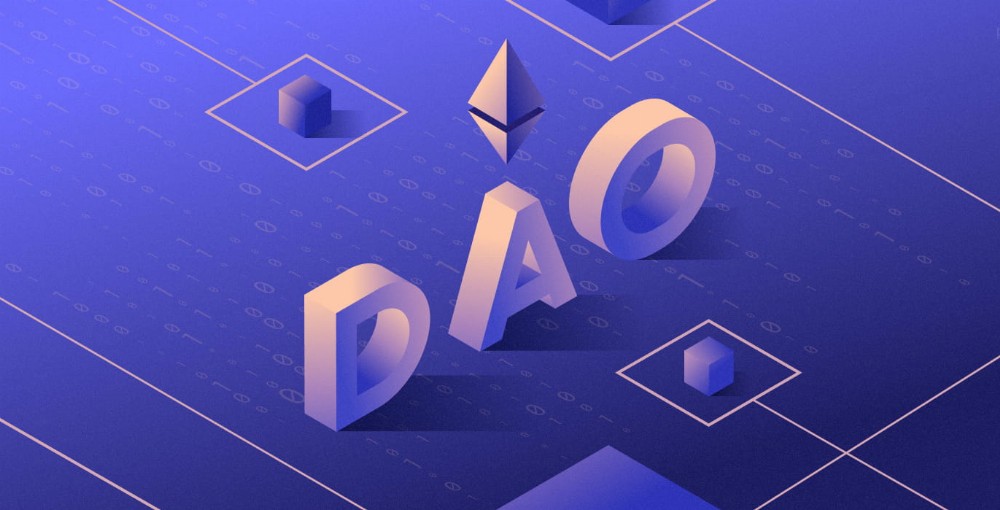
DAOs are already making waves in various industries, and some real-world examples can provide a glimpse into their potential. Here are a few notable DAOs:
- MakerDAO: MakerDAO is a decentralized organization that governs the DAI stablecoin. MKR token holders participate in governance decisions, such as adjusting the parameters of the DAI system, and vote on proposals that affect the future of the project.
- Aragon: Aragon is a decentralized platform that allows anyone to create and manage DAOs. It provides tools for governance, fundraising, and organizational management. Aragon aims to make decentralized governance accessible to anyone, from small startups to large corporations.
- DAOstack: DAOstack is a platform for building decentralized applications and DAOs. It provides a set of tools to manage decentralized governance processes, allowing organizations to make decisions based on consensus.
The Future of Corporate Governance with DAOs
As blockchain technology matures, DAOs are likely to become a central part of corporate governance. They offer a more inclusive, transparent, and efficient way of running organizations, and as more companies experiment with DAOs, we can expect to see a shift in how businesses are governed.
In the future, DAOs could enable a more ethical and democratic business model, where stakeholders have a direct say in how the company is run. We might see more industries, from tech to finance to entertainment, adopting DAO structures to create more decentralized and autonomous systems.
Conclusion
DAOs have the potential to revolutionize corporate governance by providing a more transparent, democratic, and efficient way of running organizations. With their decentralized nature, DAOs can eliminate the inefficiencies and power imbalances of traditional corporate structures, empowering all stakeholders to participate in decision-making.
While there are still challenges to overcome—such as technical complexity, legal hurdles, and security risks—the future looks bright for DAOs. As the technology continues to evolve and gain mainstream adoption, DAOs could become the future of corporate governance, creating a more inclusive, ethical, and innovative way for businesses to operate.

